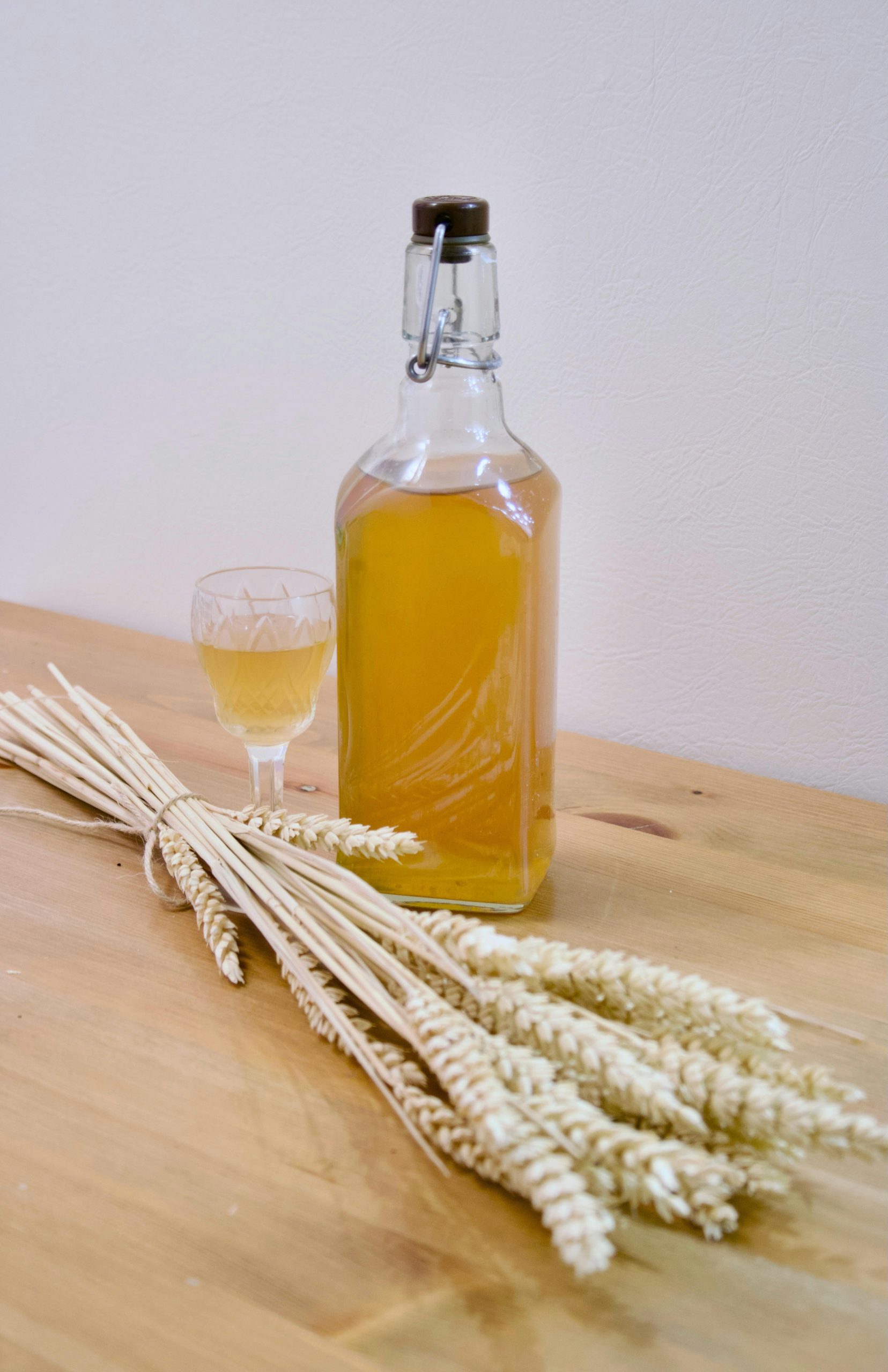Your cart is currently empty!

Steven Coulson
Steven has been drinking beers, wines and spirits for decades and has a propensity to go about them at length after a few drinks.
Latest Posts
- My wife found out our favorite Gin for martinis was discontinued. I think we are good for a while…

- Oregon Road Trip: Freeland Spirits Garden Botanicals Gin

- Botanist with Trader Joe’s Lemon and Elderflower Soda

- I’m one of the worlds leading buyers of craft gin in the world and a international spirit judge AMA

- I’m blown away…. By how let down I am by this Gin.

Categories
Tags
Social Links

The Psychoactive Nature of Hops: A Journey into Beer’s Flavorful Frontier
When it comes to the world of craft beer, opinions vary widely, particularly regarding the role of hops. I recently shared my thoughts on how certain India Pale Ales (IPAs) with high International Bitterness Units (IBUs) elevate my experience, while more traditionally hopped beers seem to fall flat. The feedback I received was a mixed bag: some echoed my sentiments, while others attributed my preferences to the higher alcohol content in these brews.
Curious about this phenomenon, I decided to conduct a little experiment. I compared “cold” IPAs, which have a lighter hop profile but comparable alcohol by volume (ABV) to typical West Coast IPAs. I also explored Imperial IPAs, known for their robust alcohol levels yet comparatively lower hop presence. Much to my surprise, neither of these options resonated with me as much as a well-crafted West Coast IPA with a more moderate ABV.
What stands out to me is the refreshing sensation that comes with hoppy beers. It feels distinct and cerebral, giving me an energetic buzz rather than the standard alcohol-induced haze. This leads me to a thought-provoking theory: could hops be psychoactive under specific circumstances? I wonder if the fermentation process enhances their bioavailability, allowing their compounds to interact significantly with our brain chemistry. It’s also possible that the alcohol present aids in enabling these hop compounds to cross the blood-brain barrier, triggering that euphoric sensation I experience.
It’s crucial to clarify that this isn’t a sensitivity to hops. I don’t encounter any unpleasant side effects such as skin irritations or discomfort—just pure enjoyment and bliss.
This brings up an intriguing question: why have hops become a staple ingredient in brewing? Historically, beer didn’t always contain hops, yet once their benefits were realized, they quickly became a universal component in the brewing process. Clearly, there’s something compelling about hops that has ensured their lasting presence in beer culture.
As I continue to explore this topic, I invite others to share their own experiences and insights into the enchanting world of hops. Let’s dive deeper into the chemistry of our favorite brews and uncover the secrets behind what makes them so captivating!
